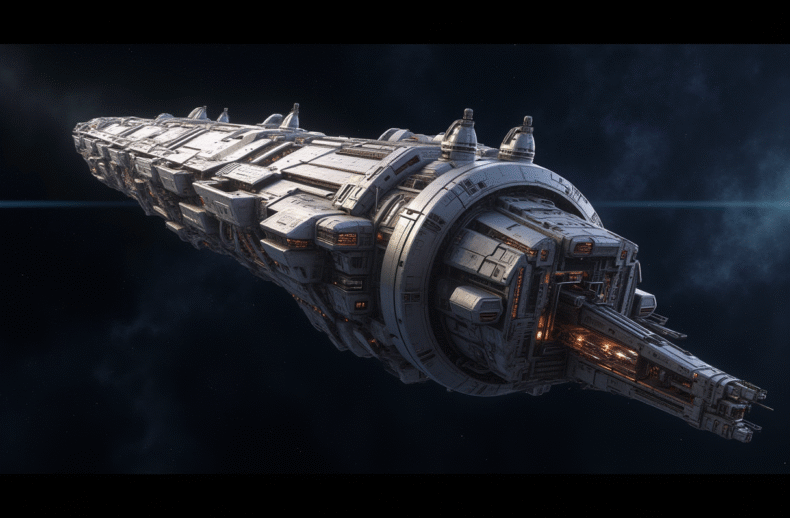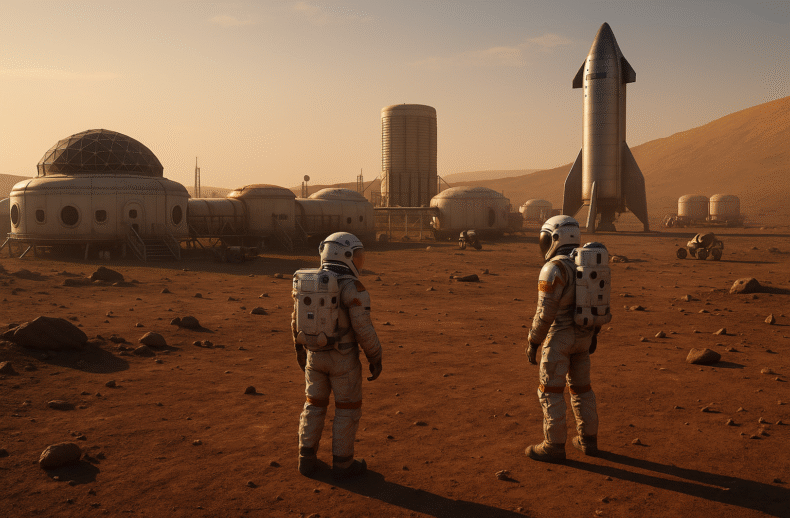The Chrysalis spaceship, imagined as a 2.5-billion-ton ark for 2,400 chosen people, is not a project of science but of psychology. Far from being a realistic plan to secure humanity’s future, it is a monument to vanity and recognition—a modern cathedral built in orbit. The absurd cost of lifting such mass into space would consume the very resources that could sustain billions on Earth. In truth, Project Hyperion reveals less about our survival instincts than about our endless need to dream of immortality, even in the emptiness of space.



